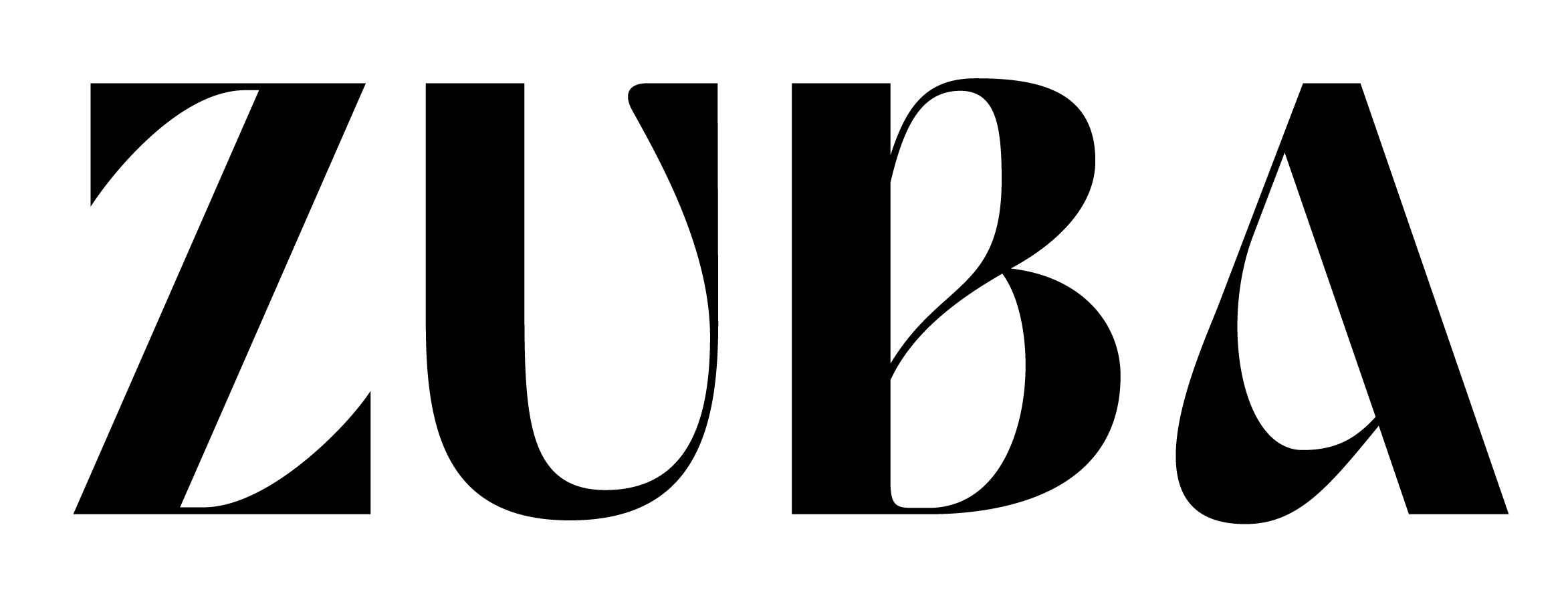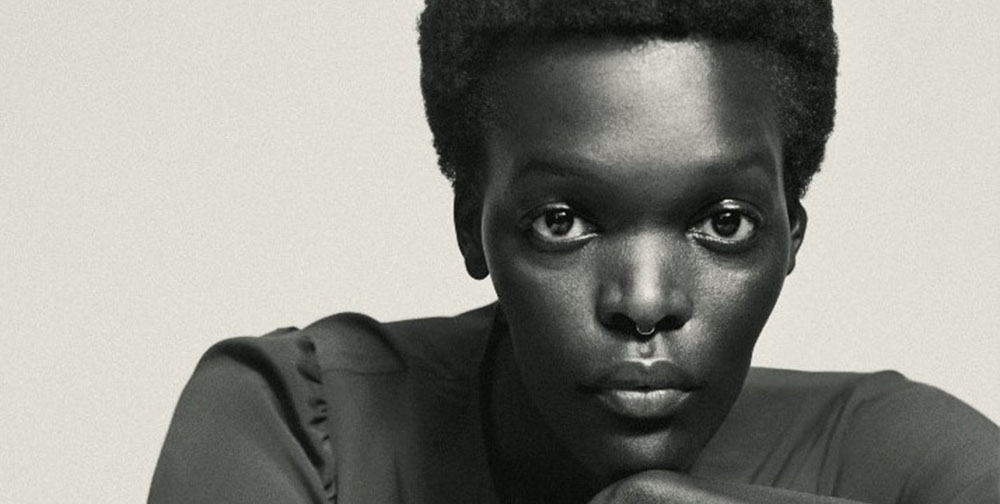Sheila Atim is a British-Ugandan actress, singer, composer, and playwright. She made her professional acting debut in 2013 at Shakespeare’s Globe in The Lightning Child, a musical that she co-wrote along with her acting teacher Ché Walker. Following critically acclaimed stage roles in the Donmar Warehouse’s all-female Shakespeare trilogy in 2016 among others,
Atim won the 2018 Laurence Olivier Award for Best Supporting Actress in a Musical for her role as Marianne Laine in an original production of Girl from the North Country. She has composed songs for some productions and premiered her play Anguis at the 2019 Edinburgh Festival Fringe. Atim has also been cast in several television series, including the cancelled Game of Thrones successor series Bloodmoon and the BBC’s The Pale Horse.
We read her previous interviews with Vogue and Pride to get these success tidbits. Be inspired!
BE A YES PERSON
“Say yes to opportunities that might be scary or try to put yourself forward for things that may on the surface not seem like ‘this is my big break’ or ‘this is going to make me loads of money’ but you think you’re going to learn something.”
TRY AND CREATE STUFF
“I know not everyone is a writer, not everyone is a musician or a composer, but having a little glimpse into another aspect of the industry is really important. It broadens your mind, it broadens opportunities, and I think that’s very much where the industry is going these days – a lot of people are multi-talented.”
HAVE A MENTOR
“My first mentor, Che Walker, a teacher at WAC Arts – the Belsize Park arts charity that offers inclusive performing arts programmes to young people. He’s very ‘what you see is what you get. So that makes me feel comfortable being exactly who I am without having to put on anything extra. I consider myself a fairly straightforward person with no frills, so it’s good to know that there is somebody who is encouraging that, somebody who sees that and appreciates that.”
APPROACH TO AUDITIONS
“Sometimes when you go for something and you really want it, inevitably there’s going to be that little voice in your head that goes ‘I really have to get this’. But I suppose that I was aware very early that you have to throw things away, you can’t leave an audition room and focus on it too much.
I know that there are so many factors out of my control. I just have to go in and do the best that I can on the day. And I could not be right for roles for X amounts of reasons, so that’s how I try to approach everything.”
DON’T TAKE THINGS PERSONAL
“Any kind of performer, you’re constantly having to prove yourself, so you have to try not to internalise each decision too much because they can feel like a judgment of you and, actually, it’s just the business.”
BE FLEXIBLE
“The nature of theatre is that it’s on and then it’s gone. And so I move on to something else and I will become someone else and that’s going to be another chapter. It’s all about looking forward and enjoying things when they happen, but also not getting too caught up in the moment.”
HARDWORK AND AMBITION
“A lot of my adult life has been that; working hard and being ambitious, but also allowing opportunities to come my way and being open to them, saying yes to them if they’re right. Taking risks, and taking chances. Something always pops up.”
EMBRACE THE UNKNOWN
“I never really know, and that’s part of the nature of creative industries. Sometimes things take a while, and at others you’re making a film in a moment. You have to be ready for anything.”
BE YOURSELF
“In terms of my career, I resist [having my hair different] as much as possible – at least, I resist getting a hair texture that isn’t matched to mine, unless it’s necessary and specific to the character. I think it’s good to resist it for as long as possible, because then people come to know you as you are.”
SAY NO TO TYPECASTING
“If I wear a long straight wig in a film I do in the future, as a one-off, then that’s fine – people won’t think of me as synonymous with long, straight hair – but if I start off that way, it’s much harder to remove it from people’s minds. It’s not saying that I’m not up for experimentation, or changing look for the work. But they know what they’re dealing with from the off, and not always trying to push me back into what they believe they know. I think that’s important.”

